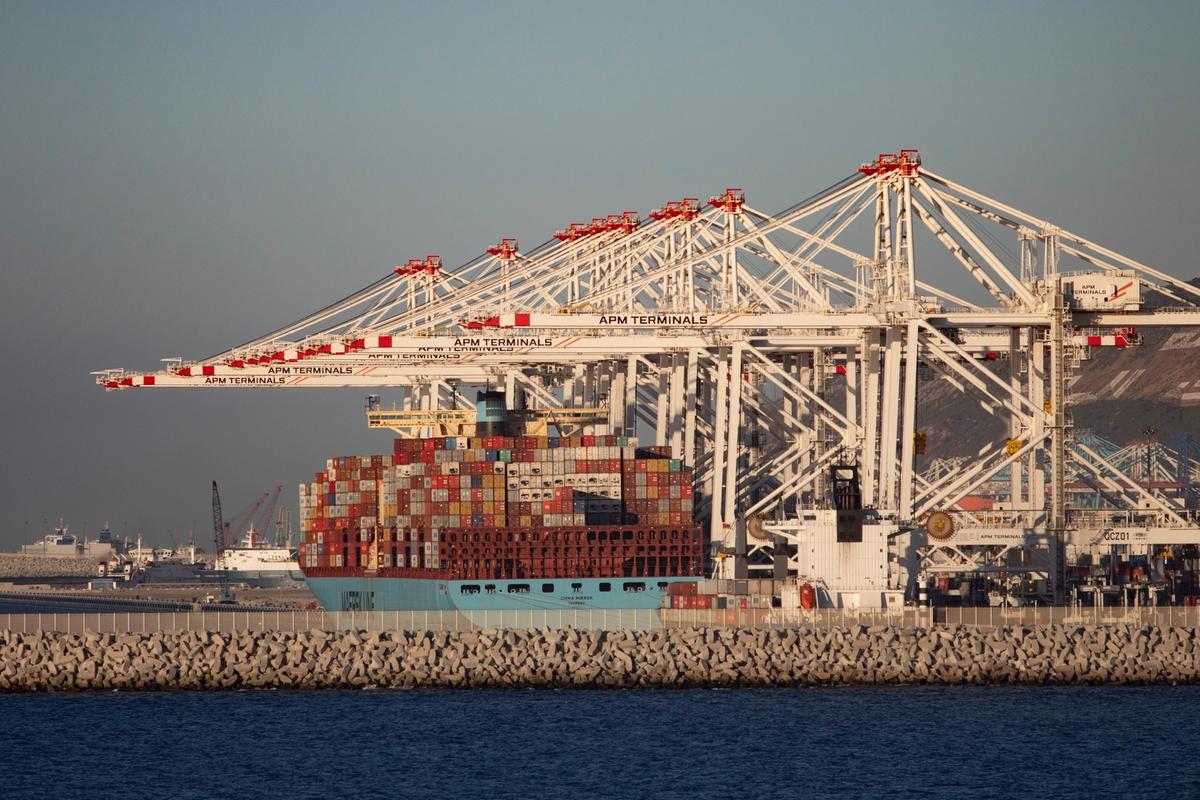Germany
International Cooperation
The host of complex challenges currently facing the world calls for a shared and coordinated response.
Three decades of increasing global economic integration boosted productivity and living standards, tripled the size of the global economy, and lifted 1.3 billion people out of extreme poverty. But the world now faces the risk of geoeconomic fragmentation. Since the global financial crisis, global flows of goods and capital have leveled off and trade restrictions have surged; the COVID-19 pandemic and Russia’s invasion of Ukraine followed, which further tested international relations and increased skepticism about the benefits of globalization. A Staff Discussion Note published in January 2023 explored the ramifications of geoeconomic fragmentation and its consequences for the international monetary system and global financial safety net.
The April 2023 World Economic Outlook found that multilateral efforts to preserve global integration are the best way to minimize the large and widespread economic costs from fragmentation of foreign direct investment, which are estimated at about 2 percent of global GDP over the long term. When multilateral action is not feasible, it is essential to mitigate the spillover effects of unilateral policies. In a more fragmented world, some countries could reduce their vulnerability by promoting private sector development, while others could take advantage of the diversion of investment flows to attract new foreign direct investment by undertaking structural reforms and improving infrastructure.¹
The April 2023 Global Financial Stability Report emphasized that policymakers should devote resources to assessing, managing, and mitigating financial stability risks associated with the rise in geopolitical tensions. To mitigate rising geopolitical risks, financial institutions need adequate capital and liquidity buffers, and the global financial safety net needs to be strong and adequate. Given the significant risks to global macro-financial stability, multilateral efforts should be strengthened to reduce geopolitical tensions and prevent economic and financial fragmentation.
Other priorities are also critical for restoring trust that the rules-based global system can work well for all countries, including strengthening trade to increase resilience and modernizing the international monetary system.
¹ Geoeconomic fragmentation was also the topic of an analytical chapter of the April 2023 Regional Economic Outlook: Sub-Saharan Africa.
Figure 1.5
FDI Fragmentation
(number of investments, four-quarter moving average, 2015:Q1 = 100)
Foreign direct investment flows in strategic sectors are diverging across regions, with China losing market share.
Sources: fDi Markets; and IMF staff calculations.

Trade
The Executive Board reviewed the role of trade in the IMF’s work and agreed on an agenda to reinvigorate the organization’s role with respect to trade to help countries address key trade-related challenges.
Next steps include using a macroeconomic perspective to identify major trade-related developments and risks and promoting policy coherence between trade and non-trade objectives such as climate, inequality, and security. Development of policy advice tailored to each country’s needs is essential, including domestic policies to ensure that gains from trade and technological progress are widely shared. The IMF will continue to advocate for open, stable, and transparent trade policies and a strong multilateral trade system that oversees these policies. Enhanced trade-related collaboration with other international organizations, especially the World Trade Organization, will be key to achieving these goals.
Digitalization
While a revolution in digital technology and telecommunication has had an outsize impact on financial services and payments in the past three decades, progress on cross-border payments has been slower.
Coordination and interoperability of new central bank digital currencies and other digital platforms can help prevent fragmentation of payment systems and support greater payment efficiency and financial inclusion. Globally coordinated regulation of digital services and development of global standards can help minimize the risks from new digital technologies.
In particular, policymakers should consider a multifaceted strategy to preserve the effectiveness of capital flow management measures against crypto-asset-related challenges. This means ensuring that crypto assets are covered by capital flow management laws and regulations, supervised through international collaborative arrangements, and subject to technology-based risk monitoring.
Figure 1.6
Cyber Gaps
(state of cyber risk oversight at supervisory authorities, share of surveyed countries)
Weak defenses against attacks put the financial sector at risk, but collective action could help thwart these costly threats.
Source: IMF staff survey, state of play at supervisory authorities.
Note: IMF staff surveyed 51 emerging markets and developing economies between December 2021 and March 2022. The classification of the practices are based solely on survey responses and do not include qualitative evaluation by IMF staff.

Read Next
About the IMF